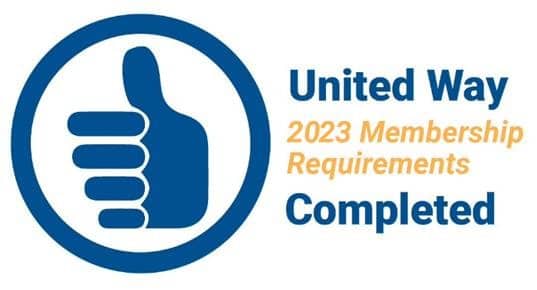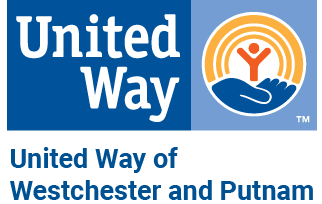DAY 6: Race & Discrimination
Discrimination is treating a person or group unfairly or with prejudice based on race, gender, age, sexual orientation, or other personal characteristics. While the definition is generally understood, the reasons why discrimination happens is more complex. We learn as young children to categorize people and things to make sense of the world. It is the positive and negative values that parents, peers, and our society place on those categories that create perceptions and eventually actions—like discrimination—based on those values.
Some forms of racial and ethnic discrimination are obvious and severe—denying housing and employment, for example. Other forms of discrimination can be more subtle acts that are still harmful, like giving poor service to a Black family at a restaurant, clutching your purse in an elevator with a Latino teen, or denying a playdate with a child of a different race. These subtler acts are microaggressions, and despite the “micro” name, they hold big consequences.
Discrimination can create chronic stress that in turn causes anxiety, depression, obesity, high blood pressure, and more. If you have been discriminated against, we want to say to you that your experiences and feelings are VALID. Coping with discriminatory behavior is exhausting.
Discrimination can create chronic stress that in turn causes anxiety, depression, obesity, high blood pressure, and more. If you have been discriminated against, we want to say to you that your experiences and feelings are VALID. Coping with discriminatory behavior is exhausting.
The article below shares ways to cope with the detrimental effects of discrimination including focusing on strengths, developing a support system, getting involved in change efforts, and seeking professional help. However, it is essential that those who have power create change by focusing on actions that will prevent discrimination at the start.
For example, discrimination can begin at a young age. Children can differentiate race as early as six months, and efforts to teach kids to be “colorblind” should be behind us. Openly discussing race and the acknowledging the different lived experiences that come along with it will better equip our children to embrace diversity and promote equity and inclusivity as they grow.
These articles were curated by a local committee to be used as a list of resources pertinent to DEI topics. The 21-Day Racial Equity Challenge Committee would like to thank and give attribution to those who created the content above, which reflects their individual perspectives. We do not support nor endorse any advertisements associated with the above content.
REFLECT...
Use these following prompts to reflect on the information you consumed today:
TAKE ACTION...
Your action item of the day is to…
PROGRESS
YOU HAVE COMPLETED 6 OUT OF 21 DAYS OF THE CHALLENGE!
This 21 Day Racial Equity Challenge is Presented By....
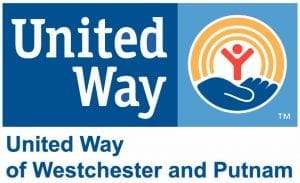
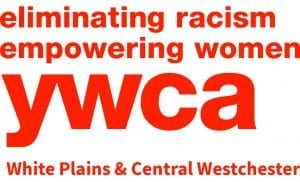
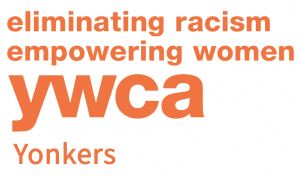
Thank You to Our Community Partners...


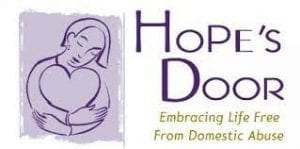



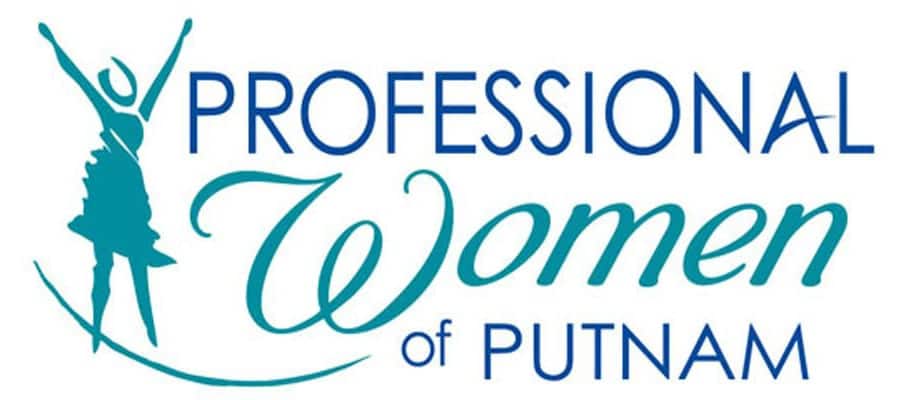
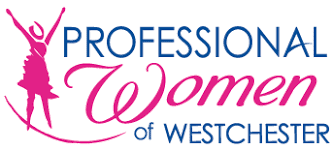
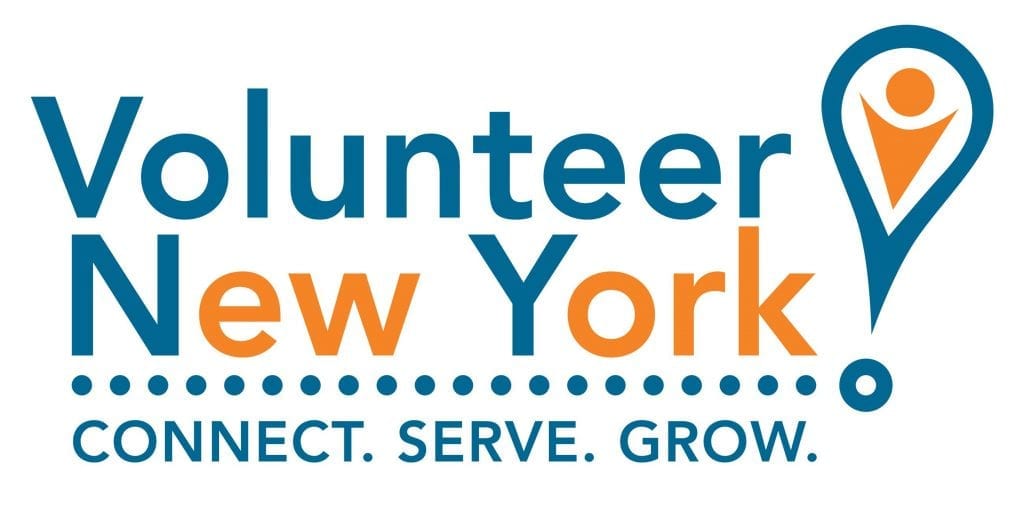

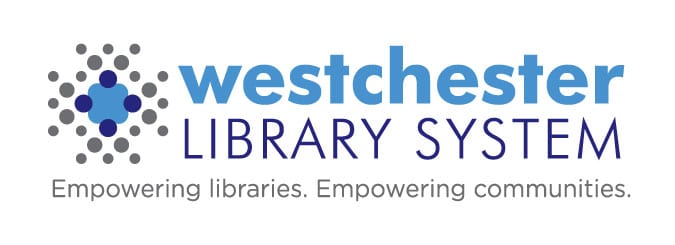
336 Central Park Avenue
White Plains, NY 10606
914.997.6700
Privacy Policy
Board Portal
Career Opportunities
